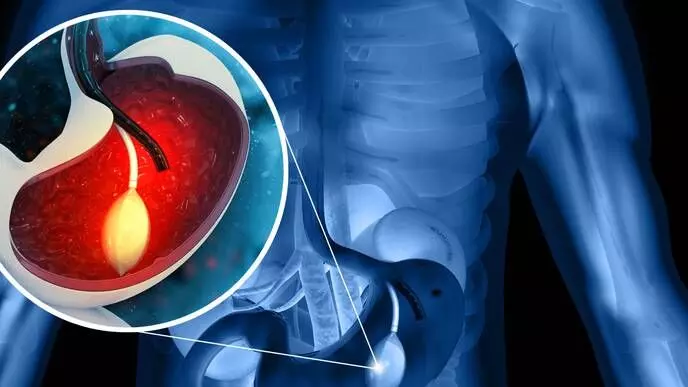High BMI associated with increased major complications after surgery, suggests study

High BMI associated with increased major complications after surgery suggests a new study published in Urogynecology.
Obesity adds complexity to the decision of surgical approach for pelvic organ prolapse; data regarding perioperative complications are needed. The study aimed to evaluate associations between body mass index (BMI) and surgical approach (vaginal vs laparoscopic) on perioperative complications. Patients who underwent prolapse surgery were identified via the Current Procedural Terminology codes from the American College of Surgeons National Surgical Quality Improvement Program database 2007-2018. Thirty-day major complications were compared across BMI to identify an inflection point, to create a dichotomous BMI variable. Multivariable logistic regression was used to assess the association between BMI and complications. An interaction term was introduced to evaluate effect modification by the operative approach. RESULTS: A total of 26,940 patients were identified (25,933 BMI < 40, 1,007 BMI ≥ 40). The proportion of patients experiencing a major complication was higher in the BMI ≥ 40 group (2.0 vs 1.1%, P = 0.007). In multivariate analysis, the odds of a major complication were 1.8 times higher for women with a BMI ≥ 40 (95% confidence interval, 1.1-2.9, P = 0.04). There was a significant interaction between the operative approach and BMI; therefore, further analyses were restricted to either vaginal or laparoscopic operative approaches. Among women who underwent vaginal prolapse repair, there was no difference in the odds of a major complication (adjusted odds ratio, 1.4; 0.8-2.4; P = 0.06). Among women who underwent laparoscopic repair, those with a BMI ≥ 40 were 6 times more likely to have a major complication (adjusted odds ratio, 6.0; 2.5-14.6; P < 0.001). Body mass index ≥ 40 was associated with an increased odds of a 30-day major complication. This association was greatest in women who underwent a laparoscopic prolapse repair.
Reference:
Kisby, Cassandra K., et al. “Impact of Severe Obesity On Major Perioperative Complications for Prolapse Surgery.” Urogynecology (Philadelphia, Pa.), 2024.
Keywords:
High BMI, major complication, surgery, Kisby, Cassandra K, Urogynecology


